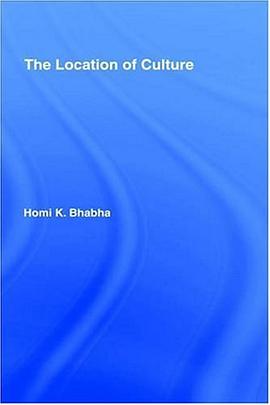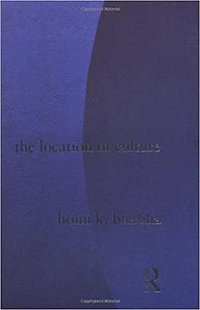The Location of Culture
豆瓣
Homi K. Bhabha
簡介
Rethinking questions of identity, social agency and national affiliation, Bhabha provides a working, if controversial, theory of cultural hybridity - one that goes far beyond previous attempts by others. In The Location of Culture, he uses concepts such as mimicry, interstice, hybridity, and liminality to argue that cultural production is always most productive where it is most ambivalent. Speaking in a voice that combines intellectual ease with the belief that theory itself can contribute to practical political change, Bhabha has become one of the leading post-colonial theorists of this era.
contents
Acknowledgements
Introduction: Locations of culture 1
~:::::;:;~~:::Fanon and ilie ~tcolonial prerogative · ,,,~&' 40
'SfThe other question: Stereotype, discrimination and the \ r\iiscourse of colonialism 66
Of mimicry and man: The ambivalence of colonial discourse 85
Sly civility 93
Signs taken for wonders: Questions of ambivalence and
uthority under a tree outside Delhi, May 1817 102
·7 Articulating the archaic: Cultural di,fe.~ceand colonial ' nonsense 123
8 DissemiNation: Tune, narrative and the margins of the
modem nation 139
9 The postcolonial and the postmodem: The question of
agency 171
LO By bread alone: Signs of violence in the mid-nineteenth
century 198
litHow newness enters the world: Postmodem..~R!!c;~" L .-""'> .·1 .\postcolonial times and the trials of S};!lW!t~J.t~.tl~!iJiiqnV>, \ \• f\(; 212
~Conclusion: 'Race', time and the revision of modernity 236
Notes 257 Index

